I’ve invested myself in the world of legacy giving for some fifteen years now. Over those years, one simple truth has become more and more evident to me.
That truth is this: One of the biggest obstacles to great legacy fundraising is the age gap between planned giving fundraisers and their legacy prospects.
Let’s start with the donor. People generally start thinking seriously about making charitable bequests after reaching their 60th birthday. I’d say that the age range for most bequesters is between 60 and 80 years of age.
So where are these people in their journeys? Most have raised their kid and paid for their education. The nest is empty. The mortgage is paid off. And, the vast majority of your legacy prospects are retired (or at least partially retired).
These people have reached what some of us call ‘life’s third act’. During our first 30 years of life, we learn, we grow and we become who we’ll be. Between (roughly) age 30 and 60, we focus on careers, making money, building wealth and raising kids. During this ‘second act’ we’re busy, busy, busy. If you’re a fundraiser and reading this blog, the odds are that you’re in the ‘second act’ of your life.
Somewhere around age 60, we transition into the ‘third act’. At this point, we’re ready to slow down, step off the rushing treadmill and leave the rat race behind. It’s time to smell the proverbial flowers, focus on what’s important (loving relationships) and appreciate life. This is a time when we start to piece together the meaning and purpose of our lives – and to find contentment with who we are and where we’ve been.
Something else very important happens during our third act. We start to make peace with mortality and death. Research has shown that people only truly accept their own mortality once they’ve experienced the deaths of others of their age group. So, once you’ve lost your best friend from high school, a sibling, a former co-worker who was the same age as you, you accept the fact that death will tap on your shoulder some day.
Now, I’m just past my 60th birthday, but I haven’t really accepted my own mortality yet. Deep inside, I still think I’m immortal and indestructible. But I know that sometime in the not-too-distant future, that will start to change. I don’t look forward to it, but I know it’s coming.
So, my advice to you is this. If you’re wondering how to be a great legacy fundraiser, you need to work very hard to understand what it’s like to be a generation older than you are now. Talk to older people. Ask them important questions. And, listen to what they say VERY attentively. If you can empathize deeply and understand their life experience, you’ll connect more closely and gain their confidence and trust.
And, you’ll probably raise a LOT more money in the process!


What I have noticed is donors actively supporting their grandchildren – university, buying a home. I often hear, “I can’t think about a charitable bequest now; I’ve got grandchildren in college”.
This didn’t happen “in my day”. Maybe it didn’t need to; I don’t know. But people didn’t leave gifts to their grandchildren back then. Perhaps because they didn’t live long enough? But now we see a generation being skipped and consideration being given to the 3rd generation.
I don’t have grandchildren…but I am older than Fraser! He’s right about the legacy phase.
Great post Fraser. To build on your argument, Penelope Burke also indicated in one of her last donor surveys that donors don’t care about the legacy fundraiser’s age as long as their passionate about the cause and are interesting to talk to. Basically, she said have a life or hobbies outside of fundraising so you can converse with your donors.